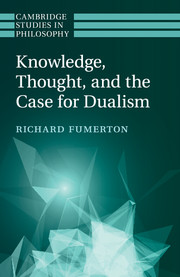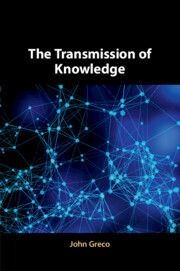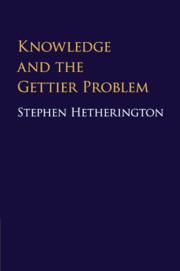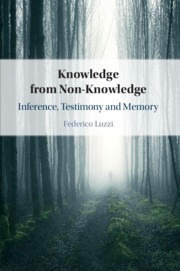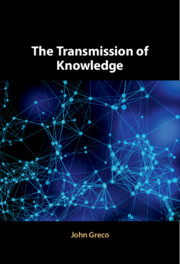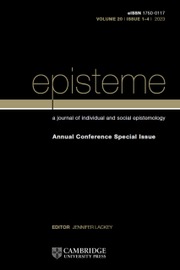Knowledge, Thought, and the Case for Dualism
The relationship between mind and matter, mental states and physical states, has occupied the attention of philosophers for thousands of years. Richard Fumerton's primary concern is the knowledge argument for dualism - an argument that proceeds from the idea that we can know truths about our existence and our mental states without knowing any truths about the physical world. This view has come under relentless criticism, but here Fumerton makes a powerful case for its rehabilitation, demonstrating clearly the importance of its interconnections with a wide range of other controversies within philosophy. Fumerton analyzes philosophical views about the nature of thought and the relation of those views to arguments for dualism, and investigates the connection between a traditional form of foundationalism about knowledge, and a foundationalist view about thought that underlies traditional arguments for dualism. His book will be of great interest to those studying epistemology and the philosophy of mind.
- Explores the fundamental epistemological presuppositions of arguments for property dualism
- Emphasizes a common foundationalist structure to both knowledge and thought
- Provides readers with connections between different philosophical disciplines
Product details
September 2013Adobe eBook Reader
9781107287969
0 pages
0kg
This ISBN is for an eBook version which is distributed on our behalf by a third party.
Table of Contents
- Preface
- 1. Setting the stage
- 2. Distinctions - versions of physicalism and dualism
- 3. Ontological priorities - taking phenomenology seriously
- 4. Knowledge arguments revisited
- 5. Indirect thought and informative identity
- 6. An ontologically liberating skepticism - the last hope for physicalism
- 7. Objections and replies
- 8. The ubiquitous self - a brief postscript.

